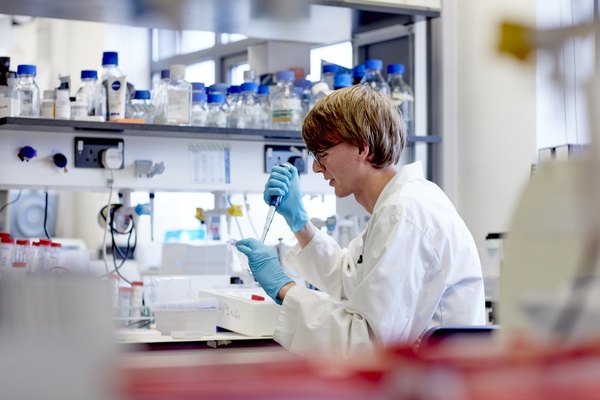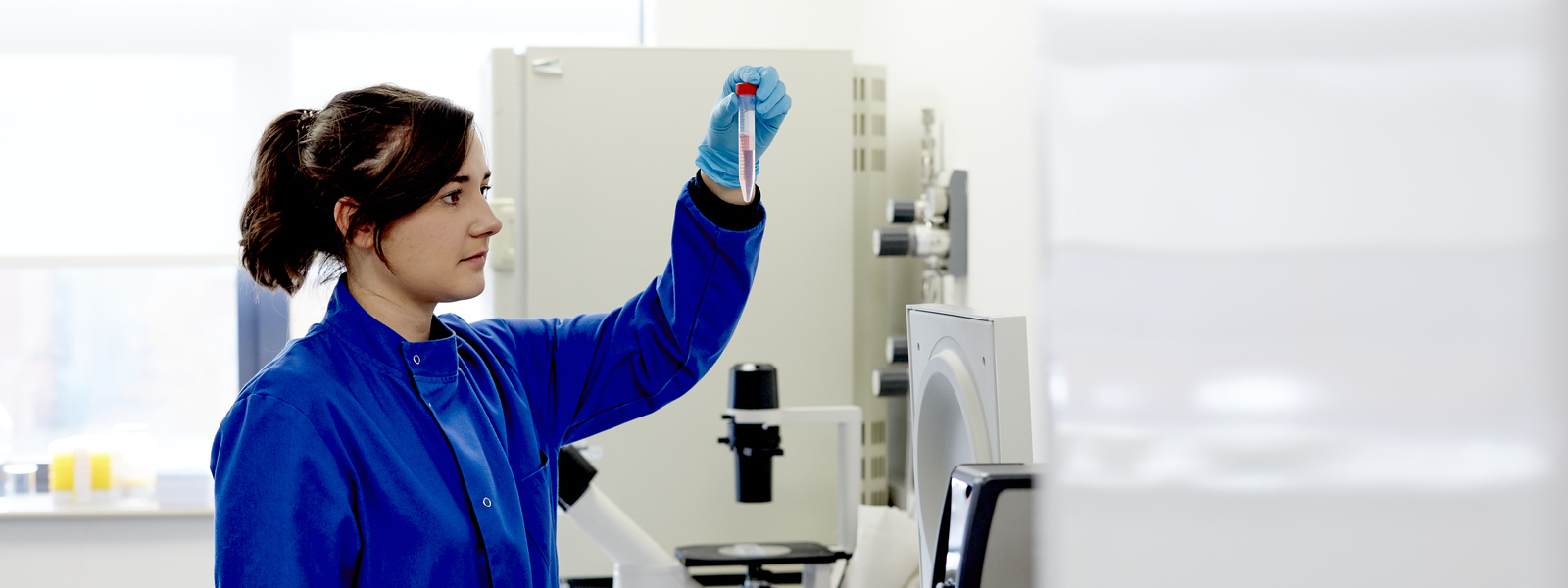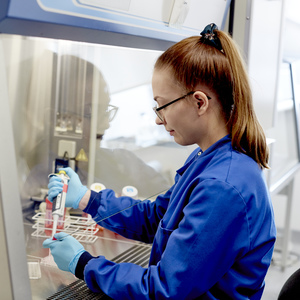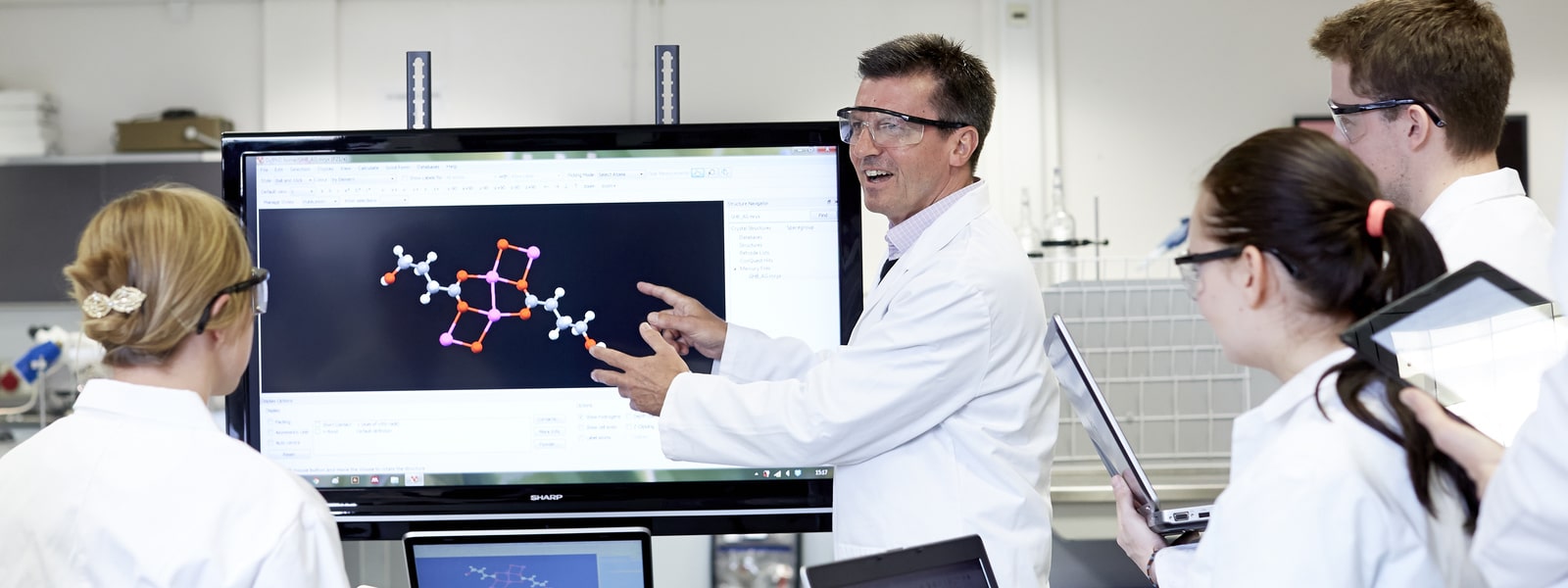United Kingdom
104 UCAS Tariff points from a minimum of 2 A Levels to include 32 points in Biology, Chemistry or Physics.
BTEC Extended Diploma in Applied Science: Distinction, Merit, Merit.
T Level in Science: Merit.
(Health or Health not accepted).
Access to Higher Education Diploma: 45 Level 3 credits with a minimum of 104 UCAS Tariff points including 32 points from 15 credits in Biology, Chemistry, or Physics.
International Baccalaureate: 28 points overall to include a Higher Level 4 in Biology, Chemistry, or Physics.
GCSE's: Minimum of three at grade 4 or above, which must include English, Maths and Science. Equivalent Level 2 qualifications may also be considered.
The University accepts a wide range of qualifications as the basis for entry and do accept a combination of qualifications which may include A Levels, BTECs, EPQ etc.
We will also consider applicants with extensive and relevant work experience and will give special individual consideration to those who do not meet the standard entry qualifications.
International
Non UK Qualifications:
If you have studied outside of the UK, and are unsure whether your qualification meets the above requirements, please visit our country pages for information on equivalent qualifications.
https://www.lincoln.ac.uk/home/studywithus/internationalstudents/entryrequirementsandyourcountry/
EU and Overseas students will be required to demonstrate English language proficiency equivalent to IELTS 6.0 overall, with a minimum of 5.5 in each element. For information regarding other English language qualifications we accept, please visit the English Requirements page.
https://www.lincoln.ac.uk/home/studywithus/internationalstudents/englishlanguagerequirementsandsupport/englishlanguagerequirements/
If you do not meet the above IELTS requirements, you may be able to take part in one of our Pre-sessional English and Academic Study Skills courses.
https://www.lincoln.ac.uk/home/studywithus/internationalstudents/englishlanguagerequirementsandsupport/pre-sessionalenglishandacademicstudyskills/






